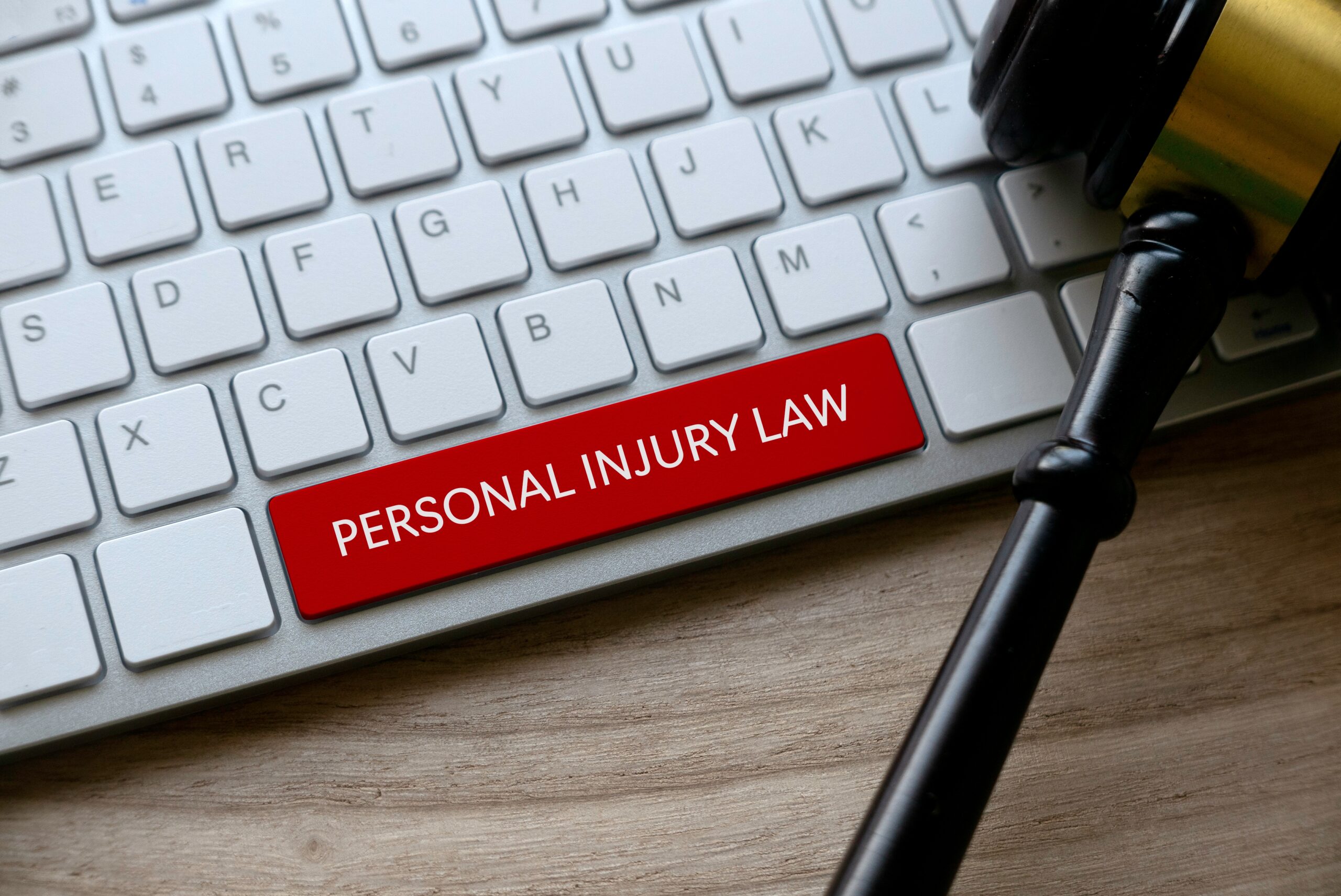PIP, or personal injury protection, is a kind of no-fault vehicle insurance. PIP was intended to give injured drivers a certain amount of money in medical coverage when it was incorporated into auto insurance laws. Accident victims might instantly access these monies. Therefore, in order to obtain money to pay for medical bills and other expenditures, accident victims do not need to go through the legal system and demonstrate fault—a process that can take several months or more in many circumstances.
Even if an insured person caused the accident, personal injury protection will still pay out. Additionally, payments for dependents, household members, and specific travelers are provided by personal injury protection. In the event of an accident, passengers in the implicated car will be entitled to claim under their own personal injury protection policies. Every owner of a motor vehicle is required by Florida law to have personal injury protection for at least $10,000.
Personal Injury Protection (PIP) in Florida
Before Florida made personal injury protection (PIP) a mandatory requirement for drivers, injured drivers may have to wait a long time to get money to pay for their medical bills. This process was accelerated by personal injury protection, which eliminated the protracted wait times that injured drivers frequently experienced while they tried to recoup their medical bills and other accident-related charges.
The fact that personal injury protection insurance offers no-fault insurance coverage is one of its most important features. Injured people with no-fault insurance policies are normally entitled to reimbursement for their medical bills and other expenses, regardless of whether the motorist was at fault for the collision. If the driver who caused the collision has the appropriate amount of personal injury protection insurance coverage, they should also be eligible for reimbursement for their medical costs.
Protection Against Personal Injury and the Law
There was a tort reparations system in place in Florida prior to the implementation of personal injury protection. In the former system, the driver who was judged to be at fault for the collision could be sued by the wounded driver. The non-at-fault motorist could sue the other driver for non-economic damages like pain and suffering as well as economic costs like medical bills and property damage according to the tort reparations system. Sometimes, insurance disputes took a long time to settle and frequently ended up in court when using the tort reparations system.
Florida has a long history of providing personal injury protection; in fact, the no-fault legislation has been in place for nearly 50 years. In 1971, Florida became the second state in the US to enact a no-fault legislation. Beginning on January 1, 1972, the next year, the statute went into effect.
Currently, there are 14 states with personal injury protection and 12 states with no-fault auto laws in the US.
The purpose of no-fault laws and personal injury protection auto insurance was to expedite the process of filing a claim for damages after an accident. Both parties may submit claims for their medical costs thanks to the no-fault legislation. This implies that both drivers are entitled to make a claim, regardless of who caused the collision. The law was designed to eliminate the need for protracted back-and-forth debates in order to assign blame. This streamlined the claims procedure and removed the delays associated with drivers recouping their medical expense costs.
Personal Injury Protection’s Advantages
For drivers whose cars are registered in Florida, PIP provides a host of advantages. The following are just a few ways that drivers benefit from personal injury protection:
- Drivers covered by PIP can rest easy knowing that, in the event of a car accident, they will get reimbursement for some of the expenses associated with their medical care.
- There is typically no lengthy waiting period before injured drivers receive payment for their medical expenses since compensation for treatment is given promptly.
- Because their PIP will assist in paying for their medical claims, the motorist will still be able to claim their charges even if they were at fault and caused the collision.
- The claims procedure is streamlined by the no-fault law. Drivers no longer have to go back and forth trying to assign guilt and collect the compensation they are due as a result of this expedited process.
The primary goal of the introduction of PIP and the no-fault legislation was to lower the number of accident-related court cases.
The statute essentially diminishes individuals’ rights to compensation since it only compensates them for their treatment expenses through their PIP. Cheaper insurance premiums should result from having to pay out less significant amounts of compensation.
The Personal Injury Protection’s Restrictions
PIP coverage has numerous advantages. However, some people are aware that it has its limitations. The following are some of the restrictions that are frequently linked to personal injury protection and the no-fault law:
The ability of an injured party to sue the other motorist for non-medical suffering is severely restricted by Florida’s no-fault law. It became far more difficult to sue the at-fault driver for emotional and mental suffering resulting from the collision when the no-fault law was introduced. This lessens the possibility of making a claim for non-physical ailments like tension, worry, and pain and suffering that could result from a car crash.
It is no longer possible for injured parties to claim the costs of particular therapies using their personal injury protection.
Drivers looking to make false claims might take advantage of the no-fault laws. Fraudulent claims can take many different forms, such as faked incidents or unethical medical professionals supporting claims for untreated care. A considerable amount of dubious claims have been made by drivers as a result of the persistent issue of no-fault accident fraud.
It can be difficult to successfully file a claim on your PIP insurance since any errors in the documentation you give the insurance provider could lead to the claim being denied.
How to Get Coverage for Personal Injury Protection
You might be confused about how to file a claim and get your personal injury protection coverage if you were in an automobile accident. Getting professional assistance to help you through the process might be helpful because being involved in an accident can be a stressful moment. Engaging the services of a lawyer can increase your chances of submitting a successful compensation claim and facilitate the claims procedure overall.
In order to benefit from your PIP coverage, you must receive medical attention within 14 days from the date of the event. If you seek care beyond the initial 14 days, your insurance company may deny your claim for compensation. After the 14-day time has passed, your attorney can provide you advice on how to potentially get reimbursement for treatment; however, it’s likely that this will need to be done through the at-fault driver’s insurance.
To file a claim, you must speak with your insurance provider. The details of the injuries you sustained in the collision, as well as the medical care you received for them, must be disclosed to the insurance company. When you receive treatment, it’s a good idea to ask for an itemized statement from your medical provider to facilitate the claims process. Your insurance provider will be able to see exactly what you are claiming with itemized bills that break down the charges, and the entire process will be more transparent.
After the insurance company receives your documented proof of injuries and medical expense claim, if all goes according to plan, you should receive your compensation within 30 days.
Check out these quick facts regarding no-fault insurance and personal injury protection:
- There are now twelve US states with no-fault auto accident laws. Hawaii, Kansas, Kentucky, Massachusetts, Michigan, Minnesota, New Jersey, New York, North Dakota, Pennsylvania, and Utah are among the states that comprise this group, in addition to Florida.
- A greater number of states had previously enacted no-fault laws, but several have since abolished them and returned to more conventional tort reparations schemes. States, including Colorado, Connecticut, and Georgia, have abandoned their no-fault and personal injury protection programs.
- The cost of auto insurance is usually significantly higher for Floridians. The third-highest cost of auto insurance in the US is found in Florida. The cost of auto insurance for Floridians can be up to 50% more than the national average.
A 2011 study by the Office of the Insurance Consumer Advocate estimates that Florida taxpayers pay almost $1 billion in “fraud tax” as a result of no-fault insurance fraud. Residents of Florida will pay more for personal injury protection insurance as a result of this $1 billion.
Conclusion
Owners of Florida-registered vehicles must carry personal injury protection coverage worth at least $10,000. If one person is hurt, $10,000 of coverage is needed, and if two or more individuals are hurt, $20,000 of coverage is needed.
The Adolphe Law Group is here to guide you through the claims procedure. Contact our personal injury attorneys today and arrange a consultation.


